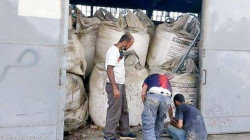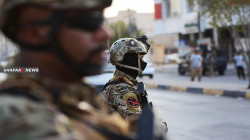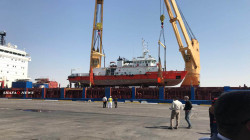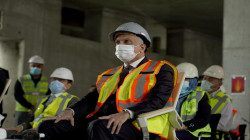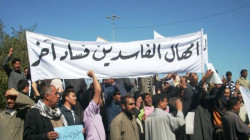Inflation exceeds 120% in real estate, political and global factors for Iraqi market stagnation
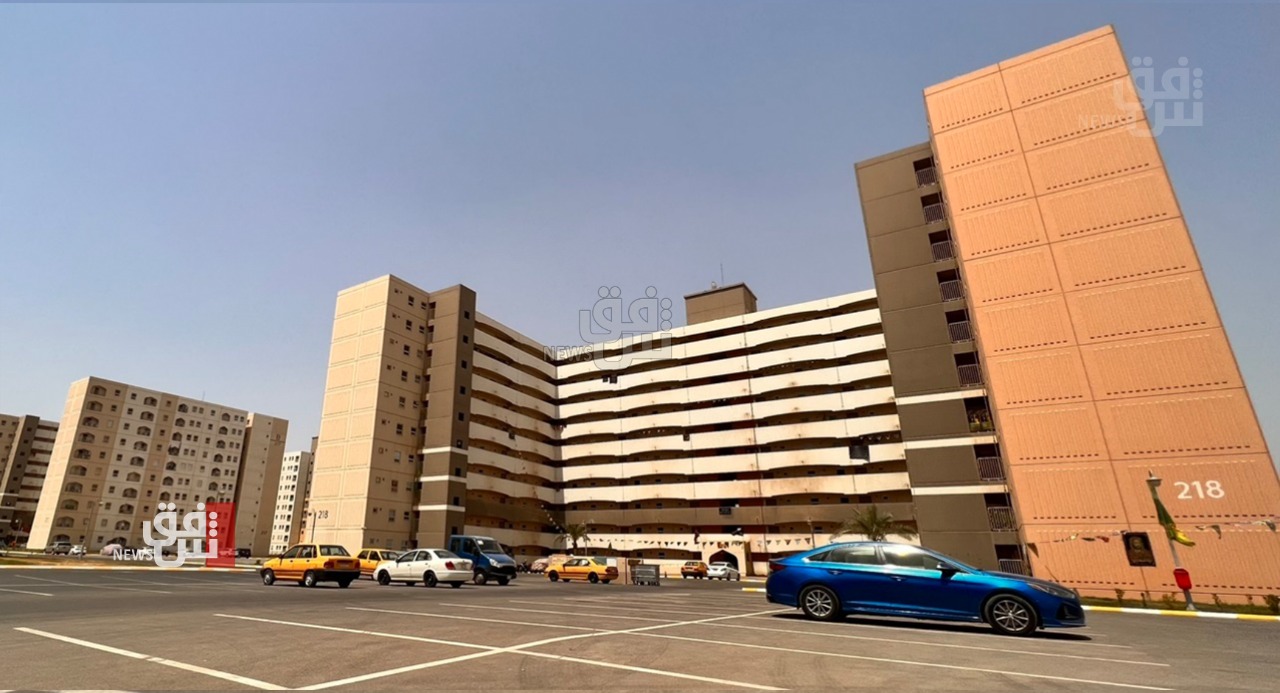
Shafaq News/ Iraq’s real estate market is facing stagnation as property prices continue to soar, making homeownership increasingly unaffordable for most citizens. Experts cite rising inflation, political instability, and corruption as key factors contributing to the market’s paralysis
Property Prices in Iraq Soar, Market Stalls
Mustafa Akram Hantosh, a Financial and Banking expert, told Shafaq News that “Iraq is experiencing a paralysis or stagnation in the real estate market, rather than a decline. Property inflation has exceeded 120% over the last three years, a rate that does not align with increases in public sector wages or profits.”
Hantosh explained that residential unit prices start at 150 million dinars (About $115,000) and above, making it unaffordable for most citizens. "Those who can afford to sell are currently the ones who can buy," he continued.
The inflation in property prices is much higher than the growth in citizens’ incomes, leaving most unable to purchase unless there are lending policies, land distribution plans, or affordable housing projects with simple installment plans, such as those in Bismayah and al-Jawahiri, he pointed out.
Stagnation and Inequality
Economic researcher Ahmed Eid stated that “the sharp rise in real estate prices and the decline in citizens' purchasing power have led to a stagnation in Iraq's real estate markets across various provinces. The market has become limited to high-income areas, such as residential compounds and investment zones.”
Speaking to Shafaq News, Eid also noted that “corrupt individuals and influential figures have turned to real estate as a means of money laundering and investment, particularly after the US Treasury and the Federal Reserve imposed strict controls on funds transferred out of Iraq, which had previously been used by corrupt officials to launder illicit money.”
Eid emphasized that the Iraqi public is bearing the brunt of these issues, resulting from “flawed policies and the lack of a strategic vision for wealth distribution and social justice.”
“Social stratification has increased under the current political system, where corrupt individuals have seized the nation's resources across various sectors,” he added.
Speculation and Global Instability
In an interview with Shafaq News, Economic expert Karim Al-Hello announced that “the original goal of residential compounds in Iraq was to solve the housing crisis by providing homes for those who did not own one.” However, this requirement was lifted in 2018, allowing traders to enter the market, purchase thousands of housing units, and sell them at inflated prices.
Al-Hello further explained that “the exploitation of these residential compounds for money laundering by individuals with large sums of illicit money, resulting from administrative corruption, has also contributed to the rise in prices.” However, according to Al-Hello, following the events in Palestine and Lebanon, there was a fear of purchasing property due to concerns over potential instability and the possibility of Iraq being targeted in retaliation for the involvement of certain Iraqi factions in the conflict with Israel.
“This has led to a period of hesitation in the market.”
The construction of new housing complexes and the allocation of some of them to workers and unions affected and confused the real estate market, with expectations that prices would come down. Vertical construction has also contributed to lower prices, alongside global market uncertainties following the election of US President Donald Trump, with investors watching for the impact of his policy decisions on the global economy, he highlighted.
Political Factors
Economic researcher Abdul Salam Hassan Hussein believed that Iraq's economic situation is "very good," and attributed the stagnation in the real estate market to political factors, despite the achievements touted by Prime Minister Mohammed Shia al-Sudani.
He argued that these achievements are general and do not directly benefit the Iraqi people. Hussein also pointed to recent comments by Shiite cleric Grand Ayatollah Ali al-Sistani, which highlighted the causes of government failure and placed blame on the administration.
Speaking to Shafaq News, Hussein explained that “the election of US President Donald Trump will exacerbate the situation for the Iraqi government. Trump is dissatisfied with the current Iraqi leadership and holds control over the dollar,” making the stagnation in the real estate market a political issue.
